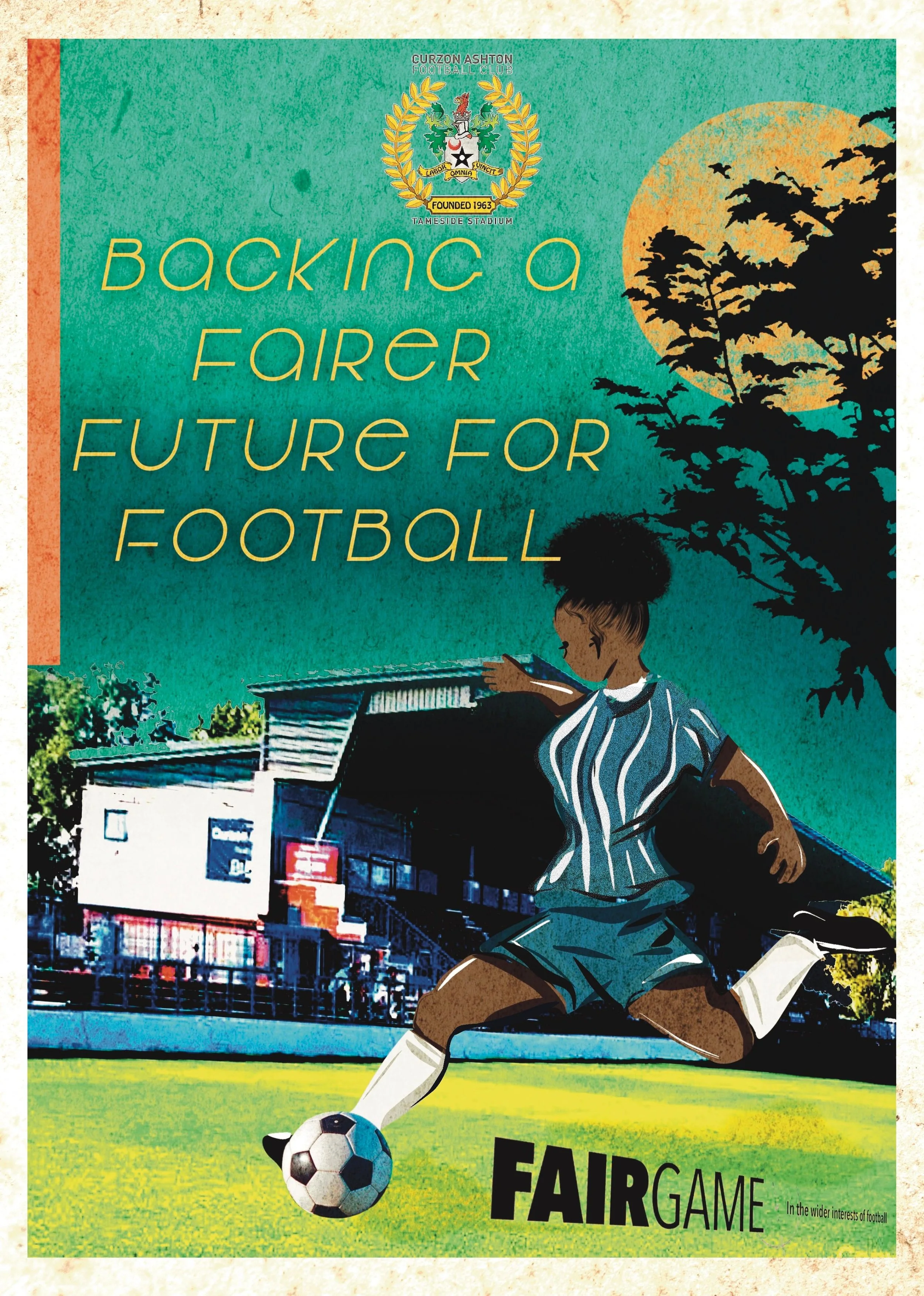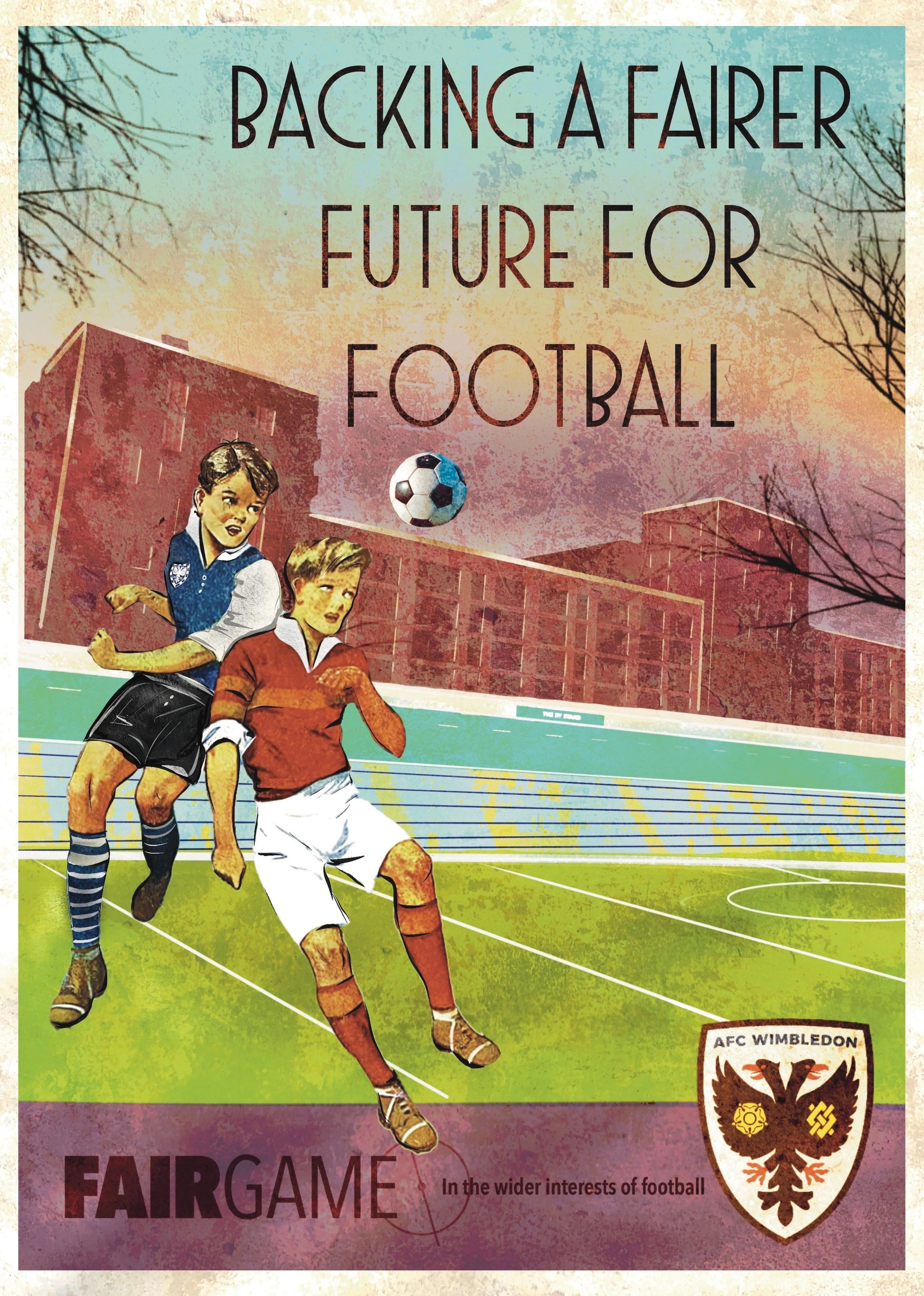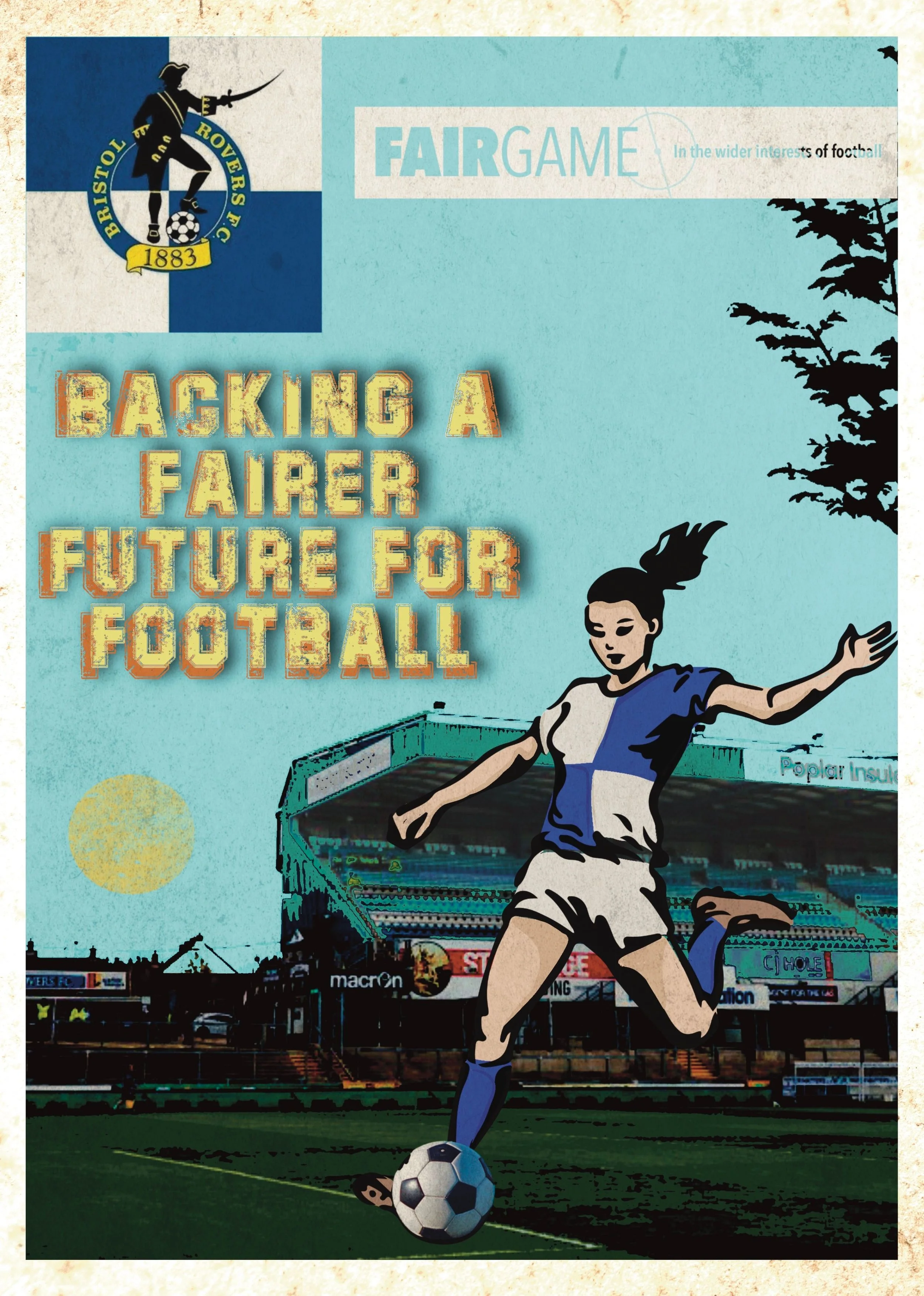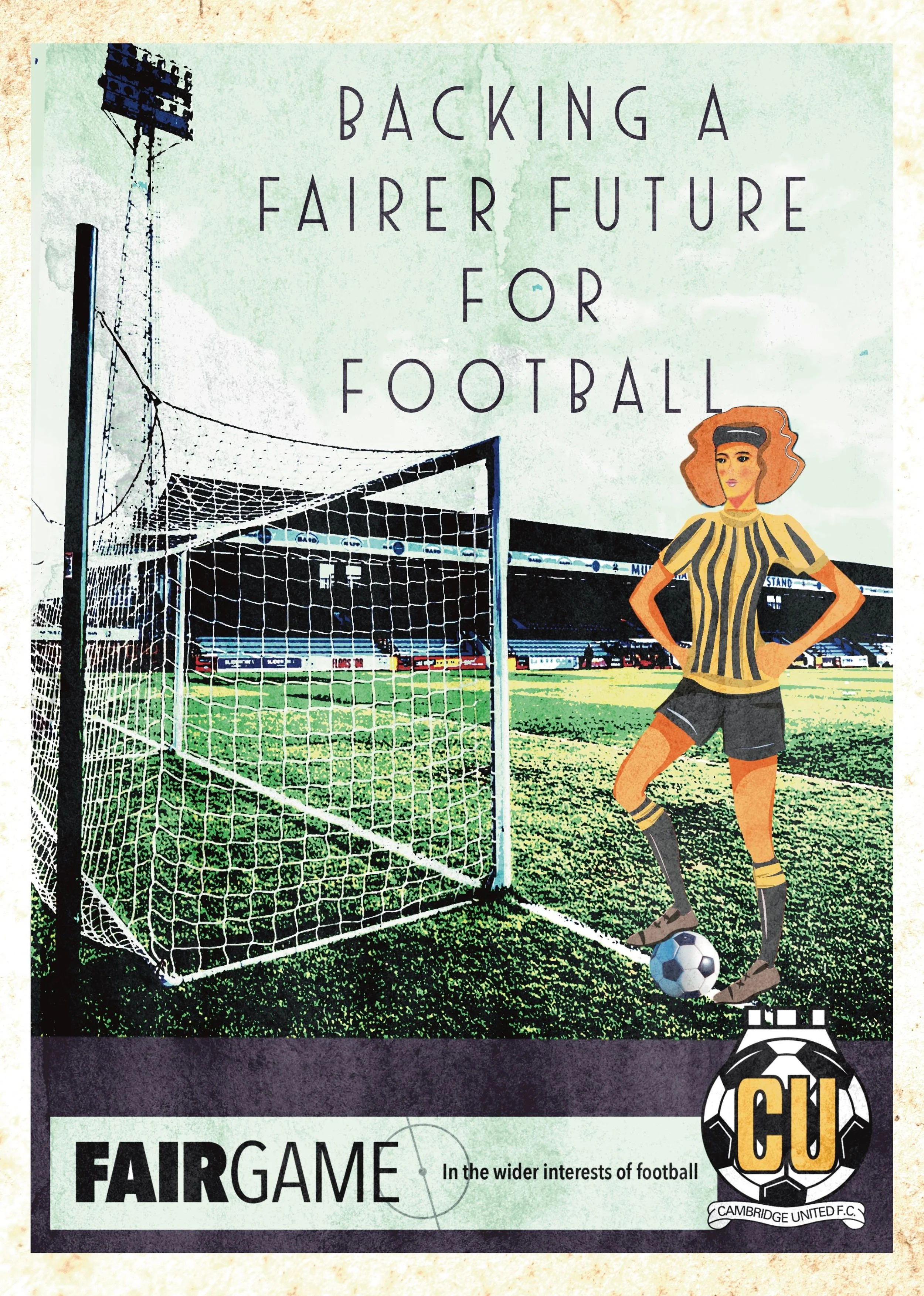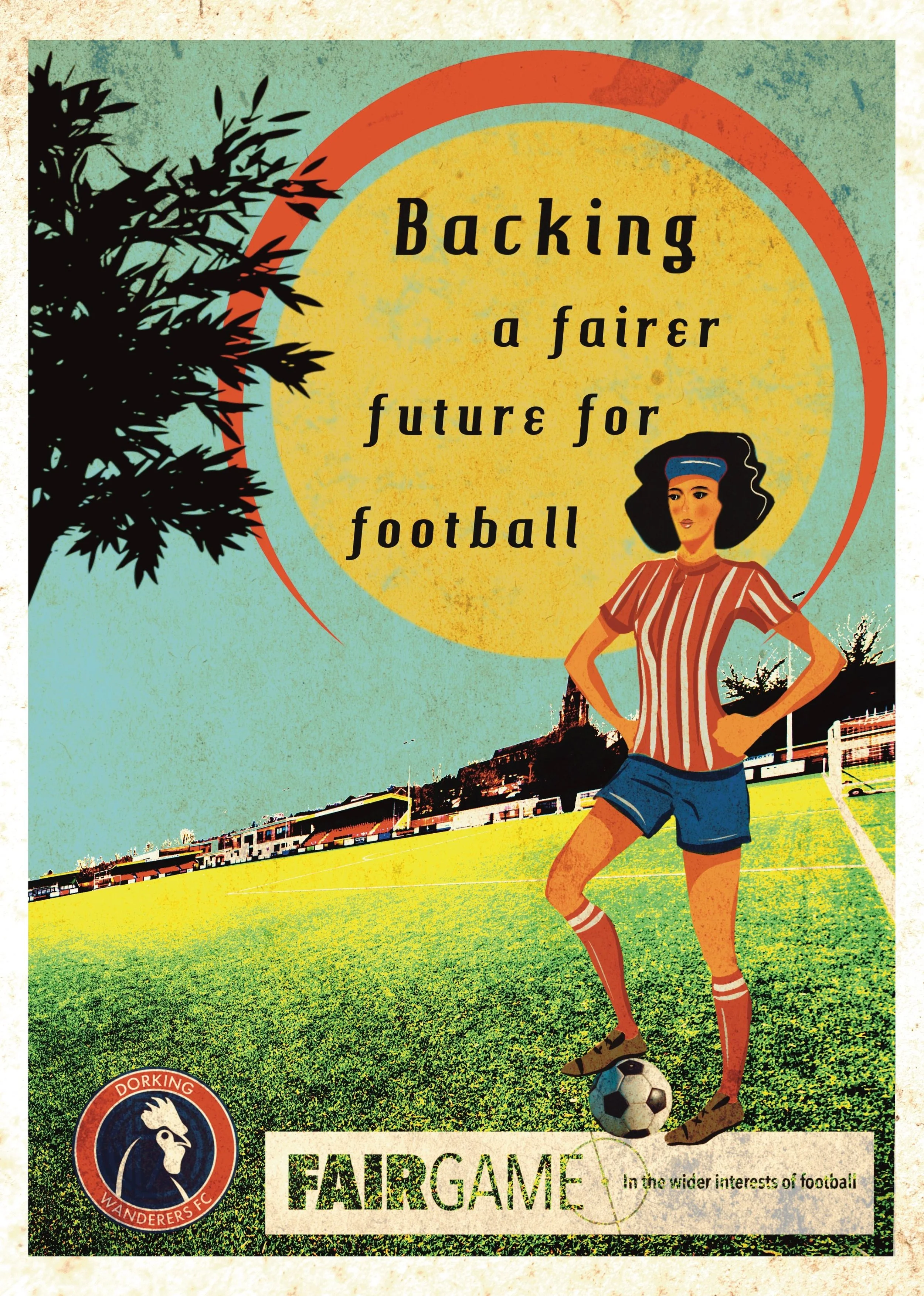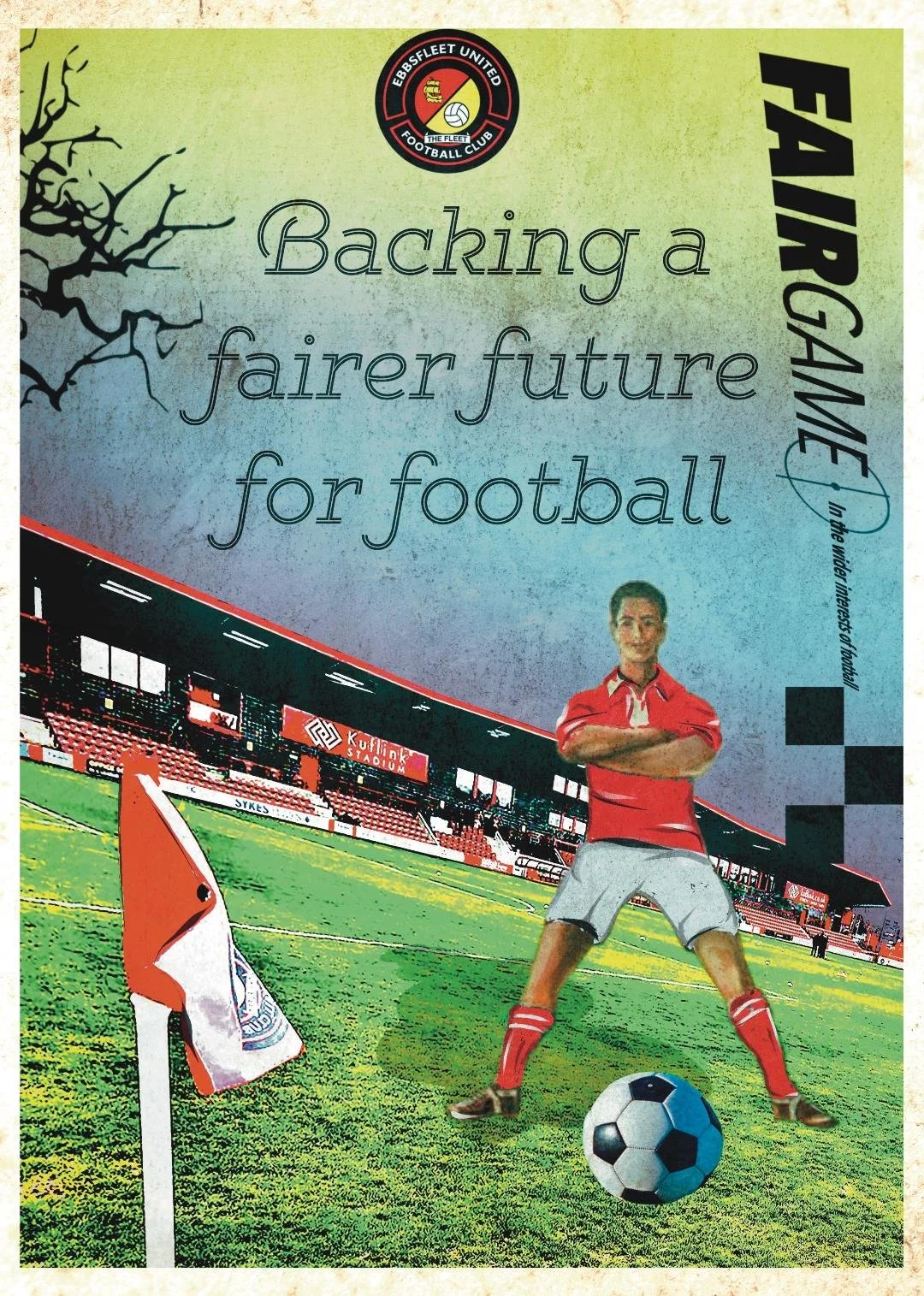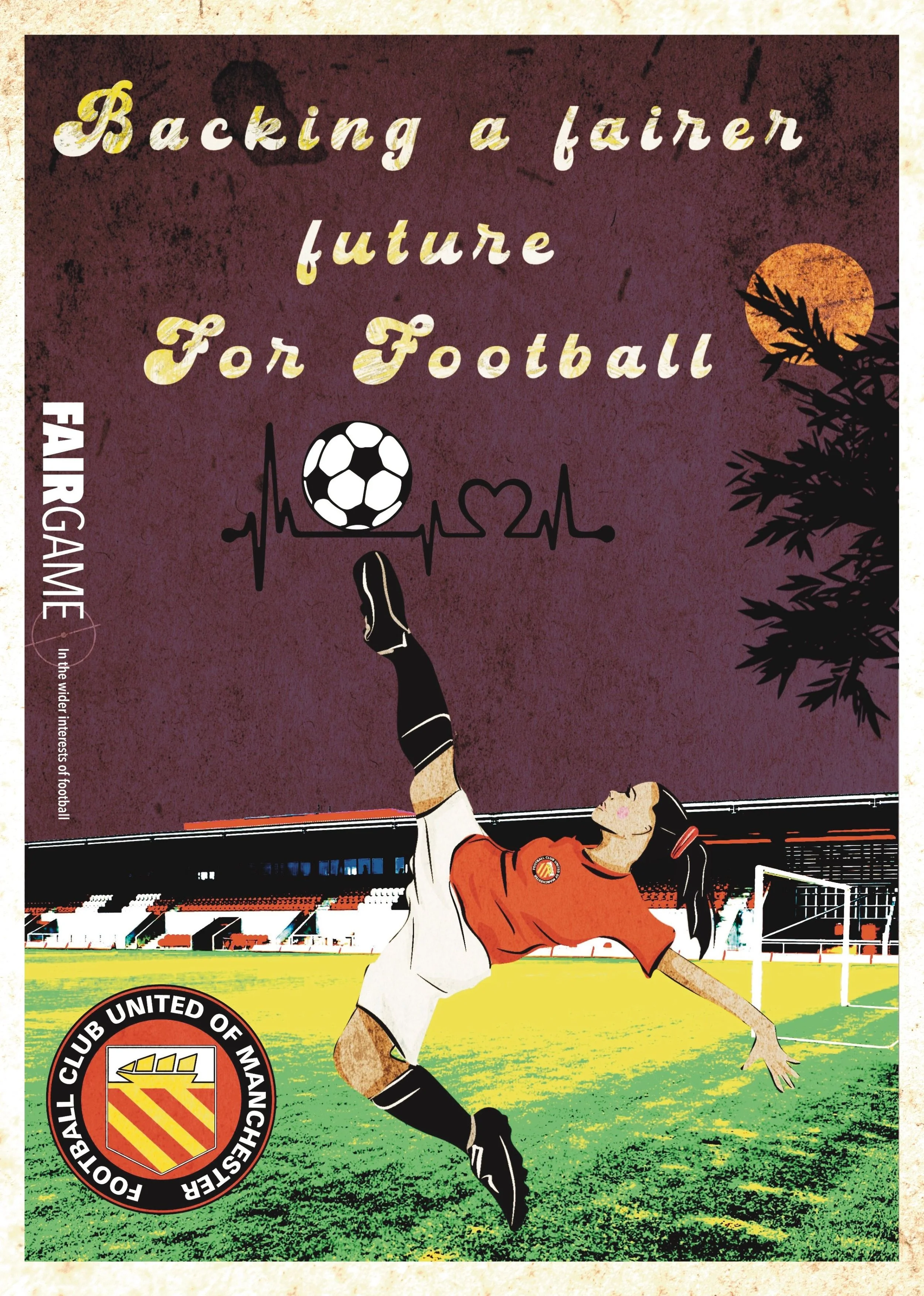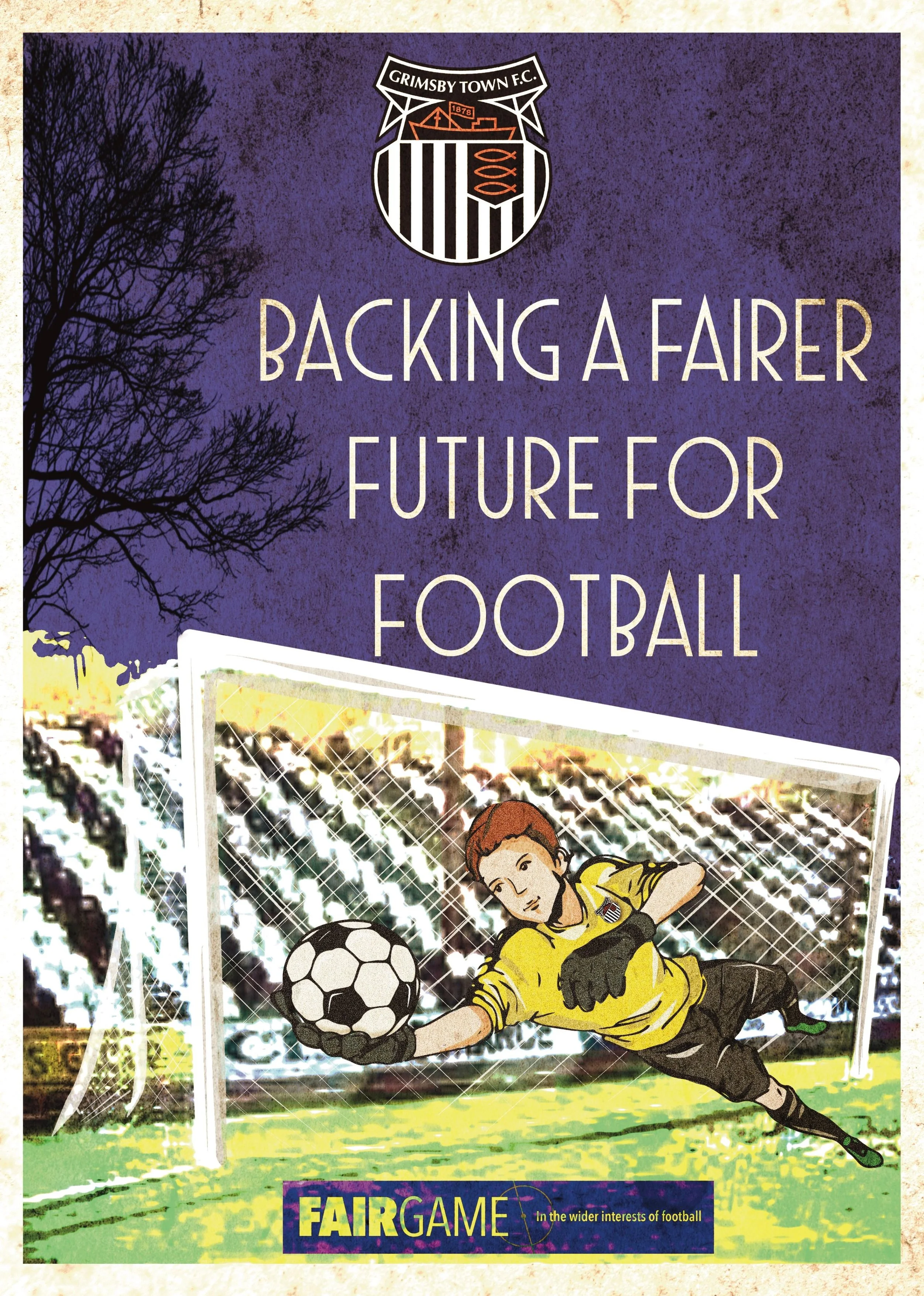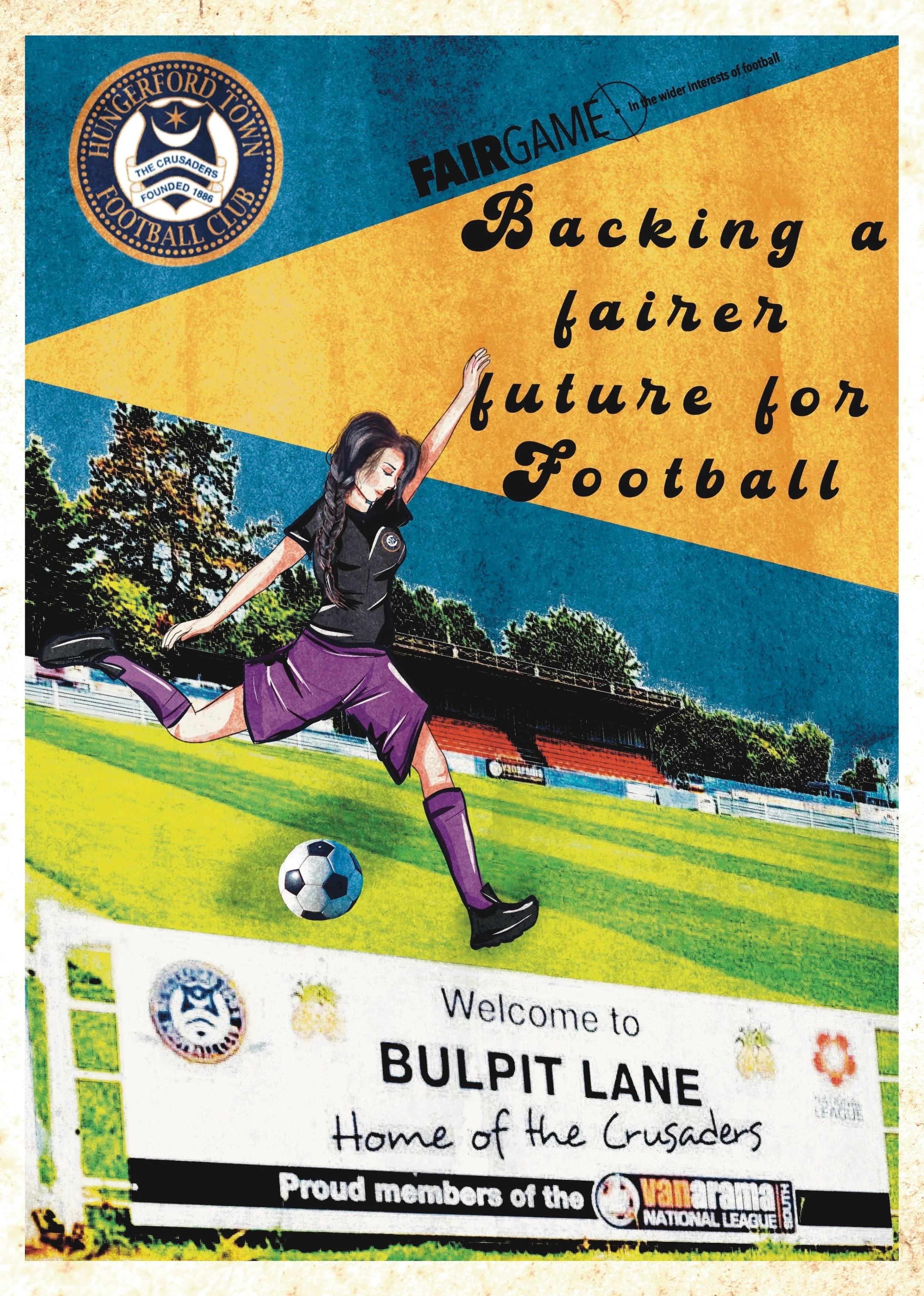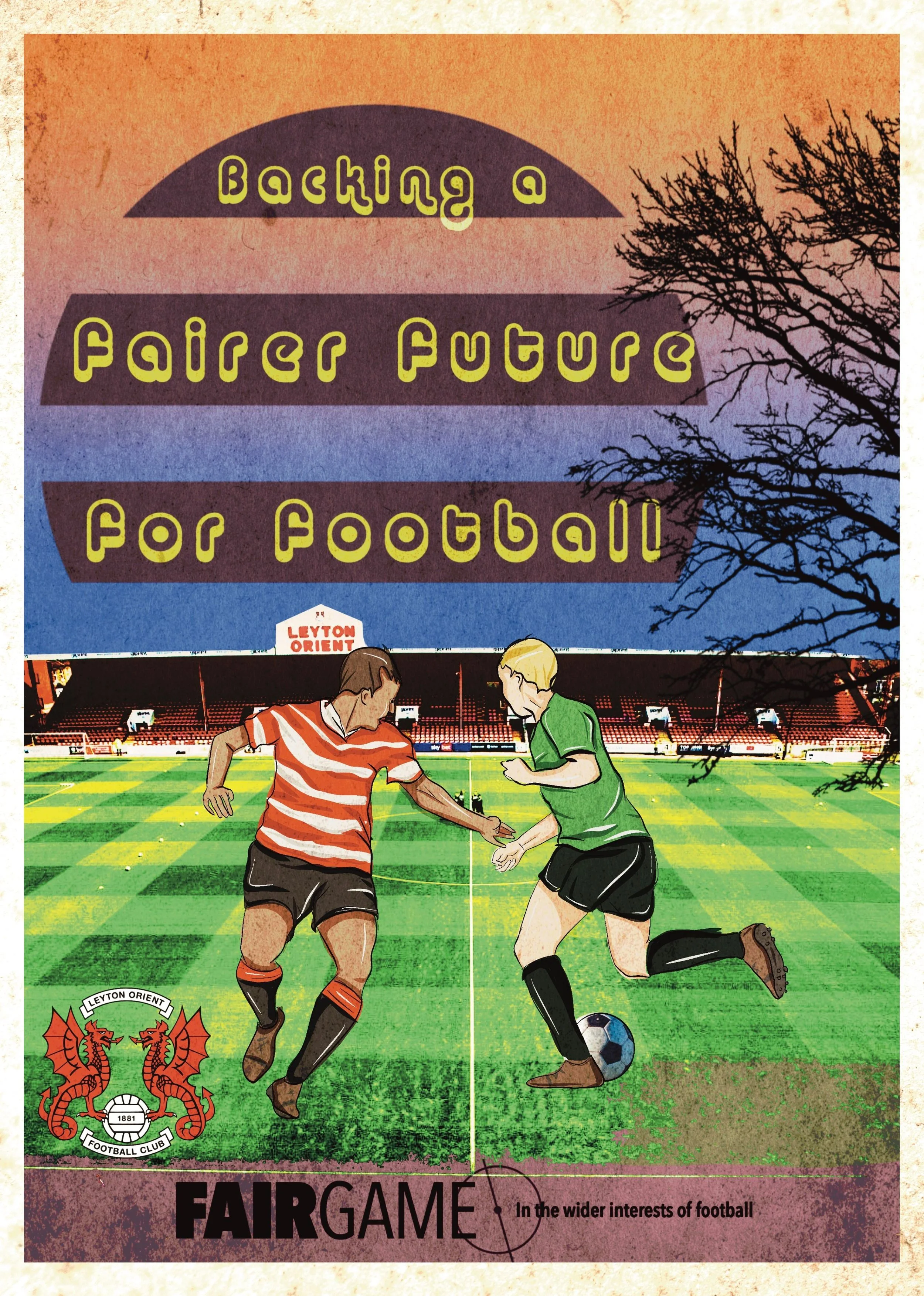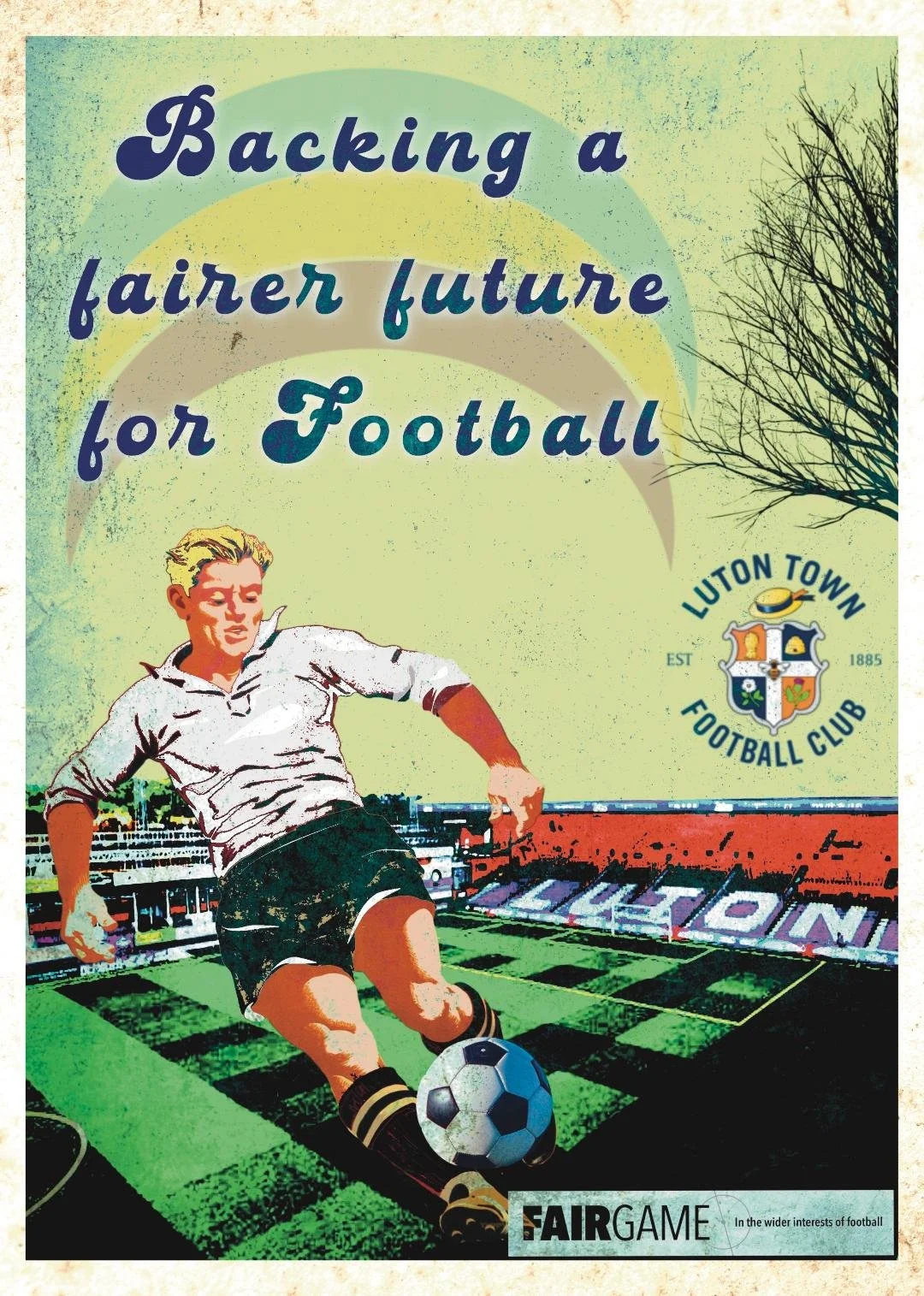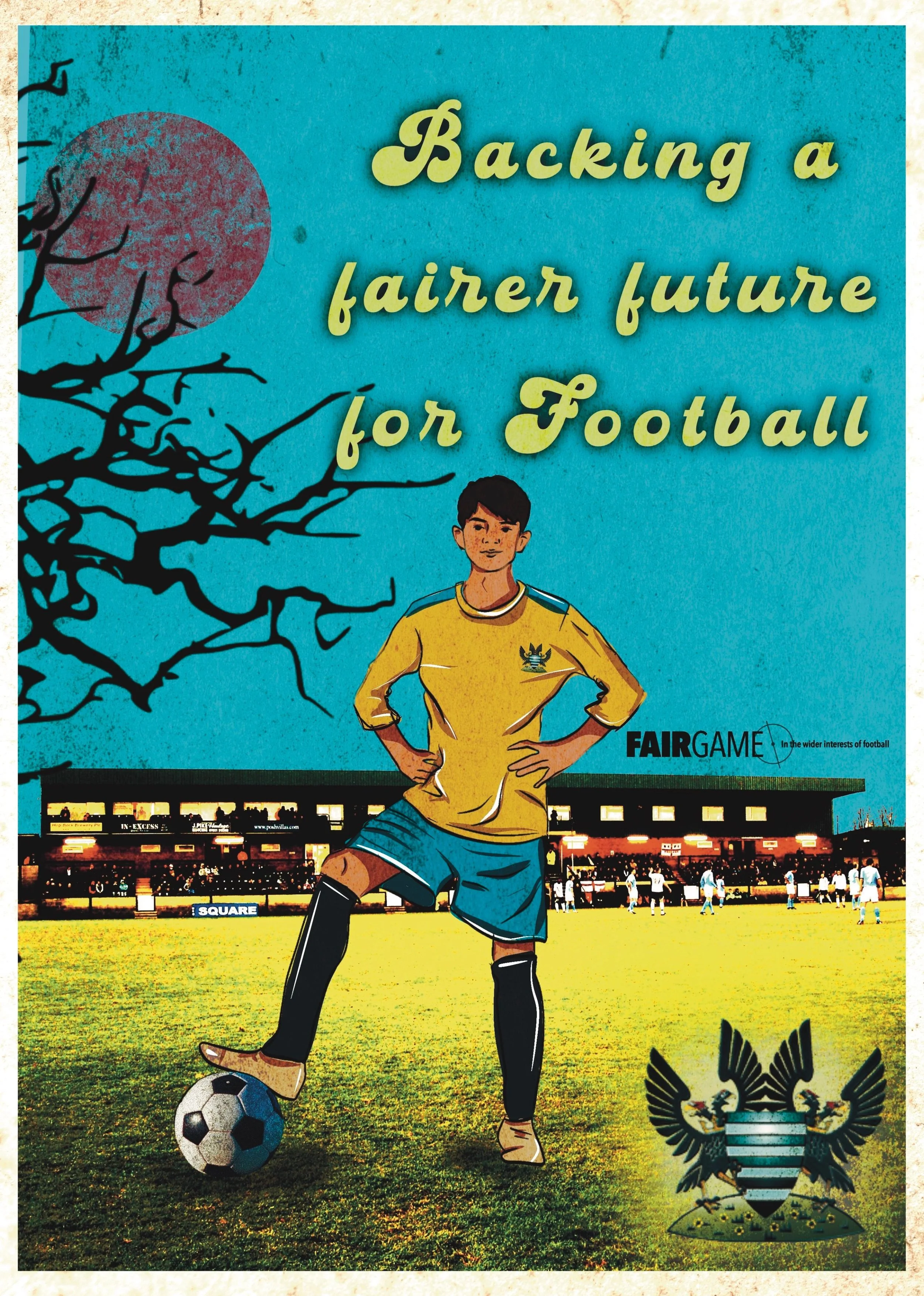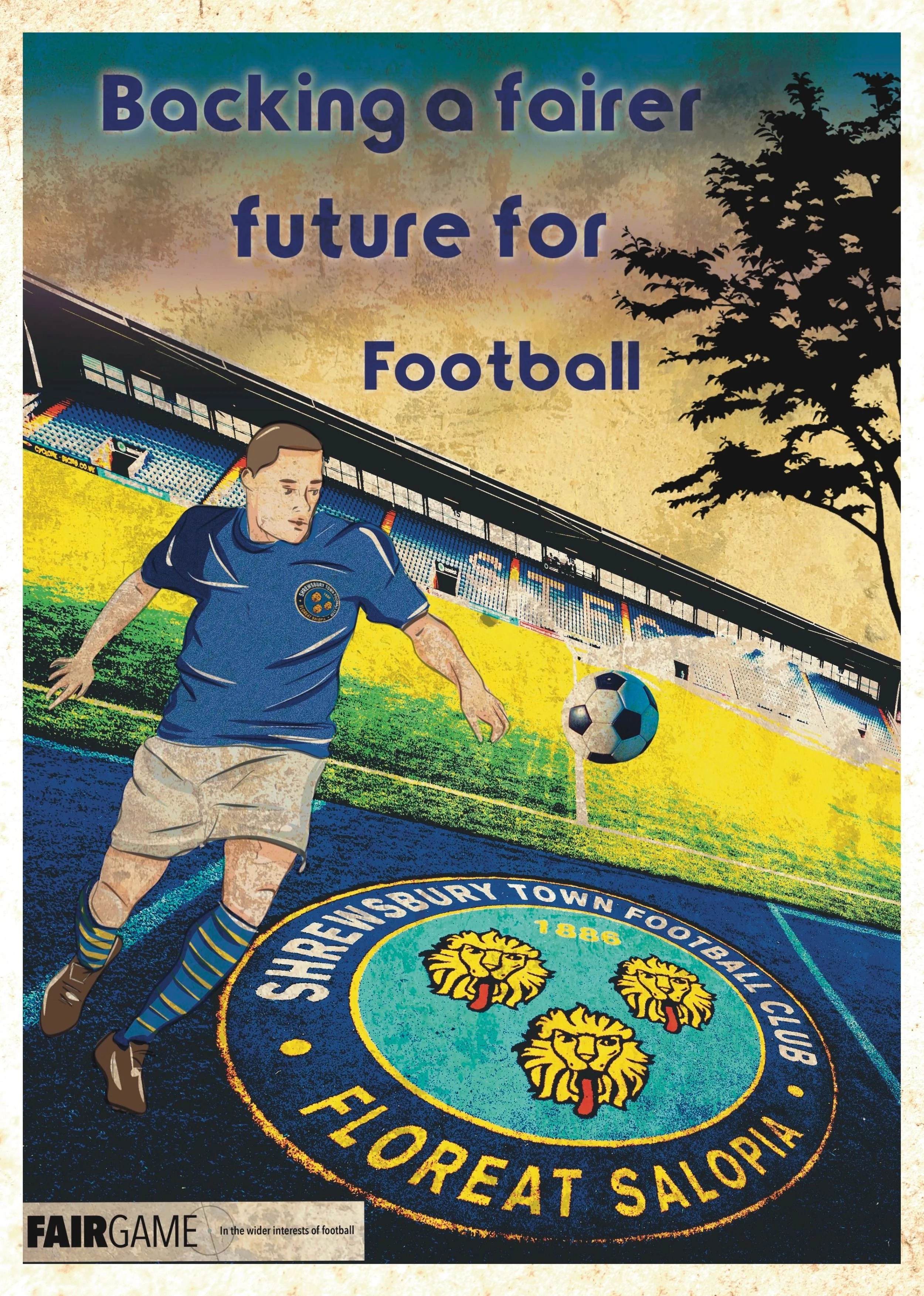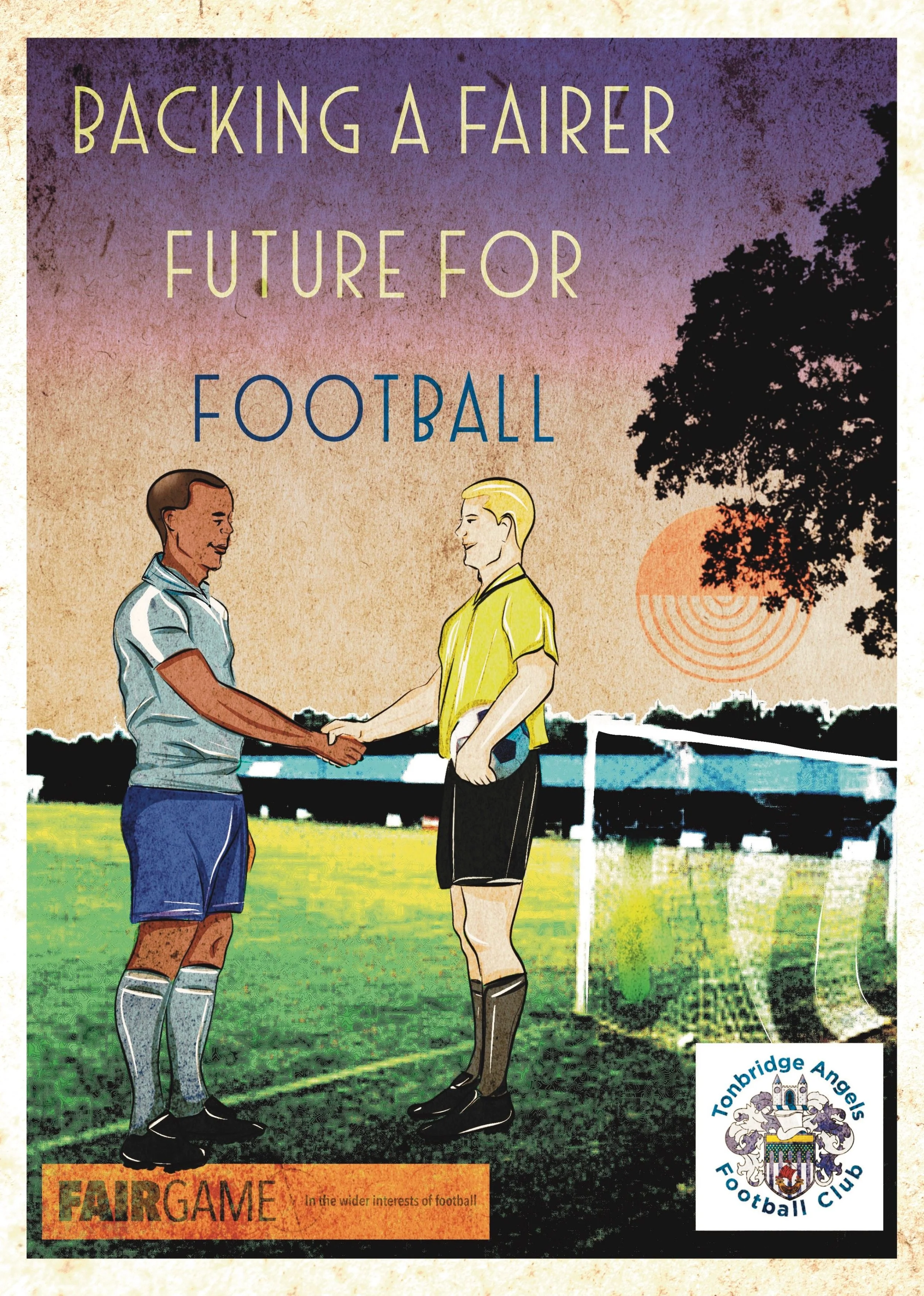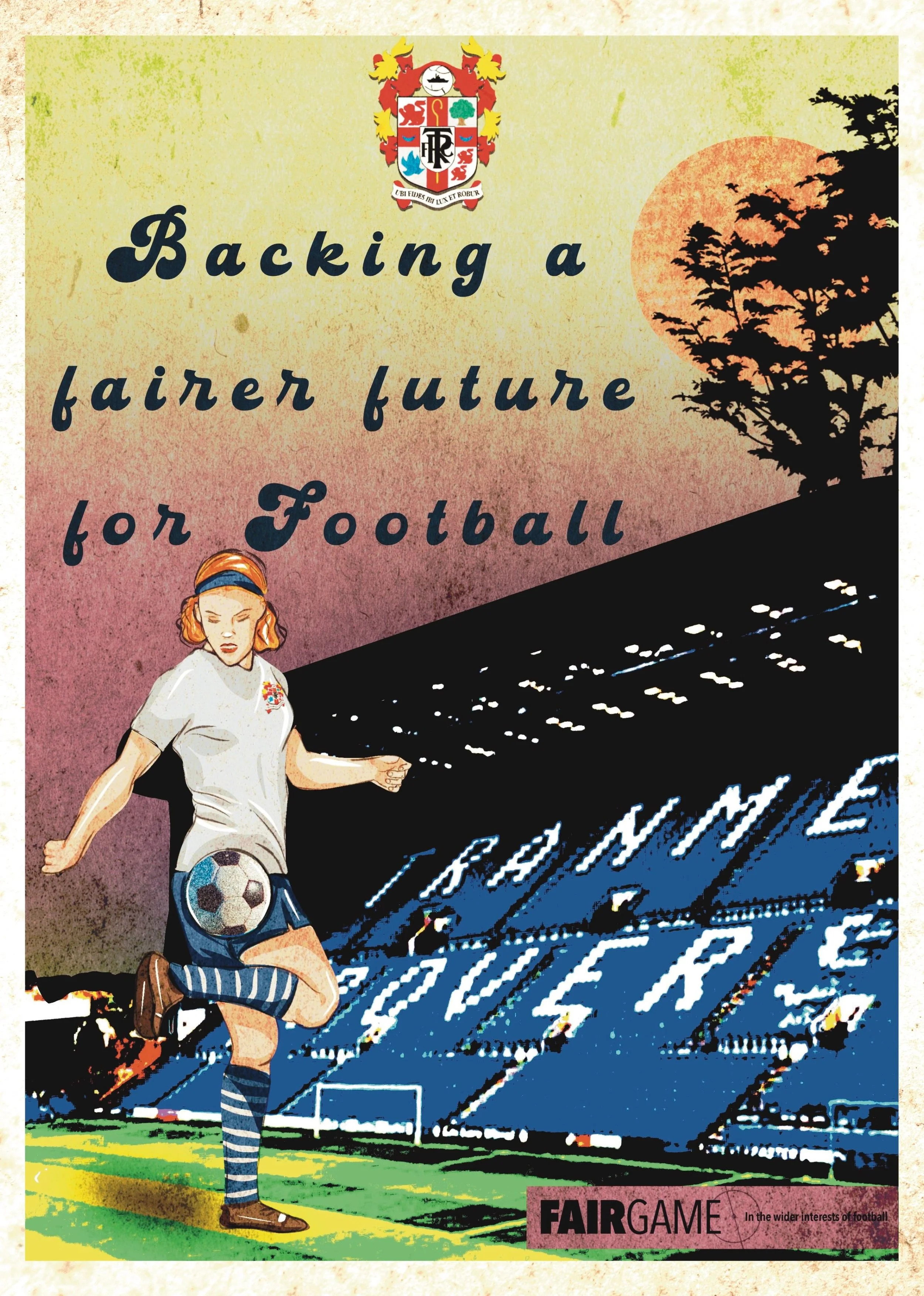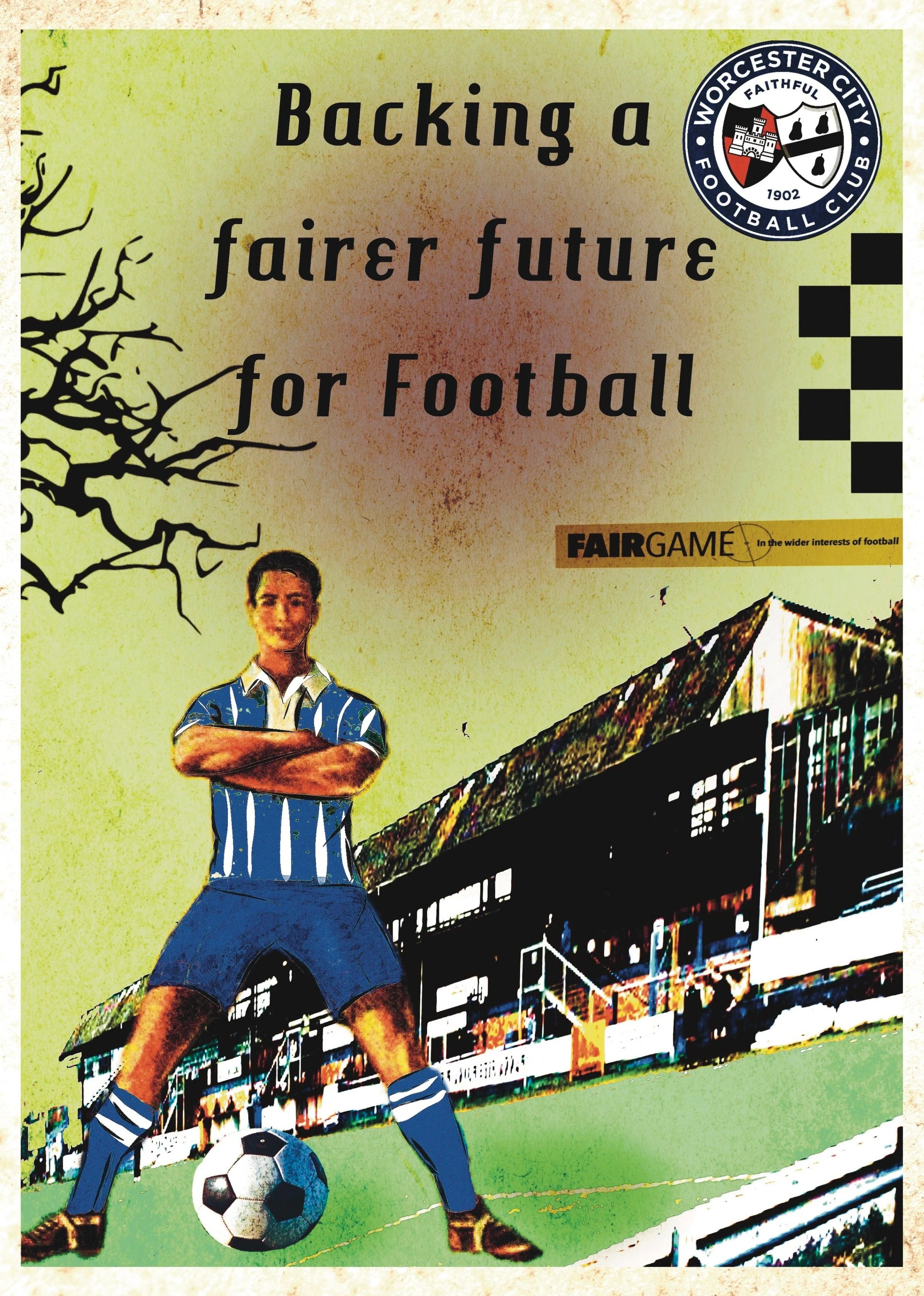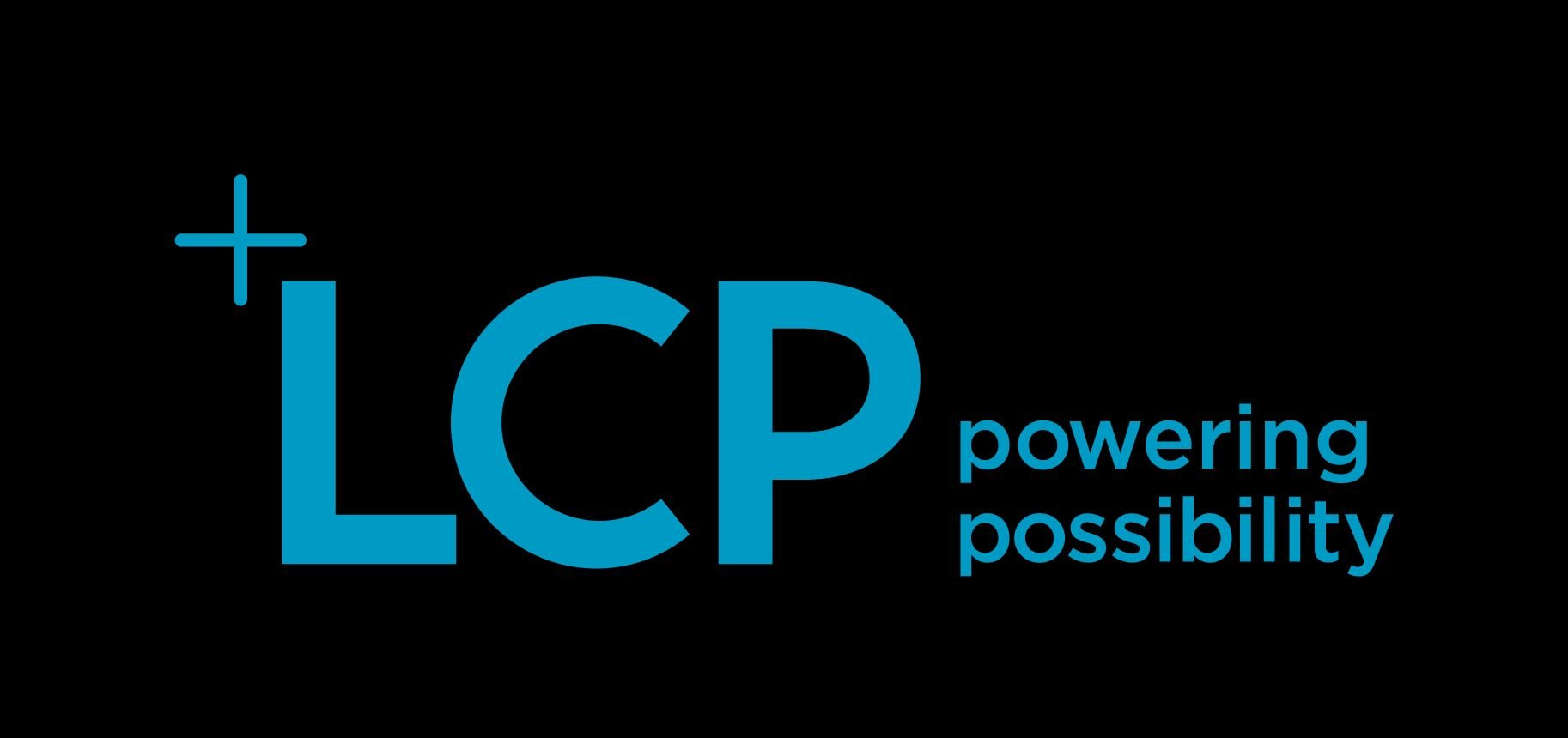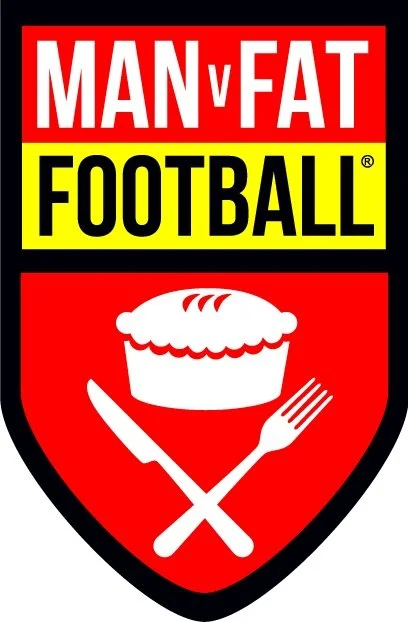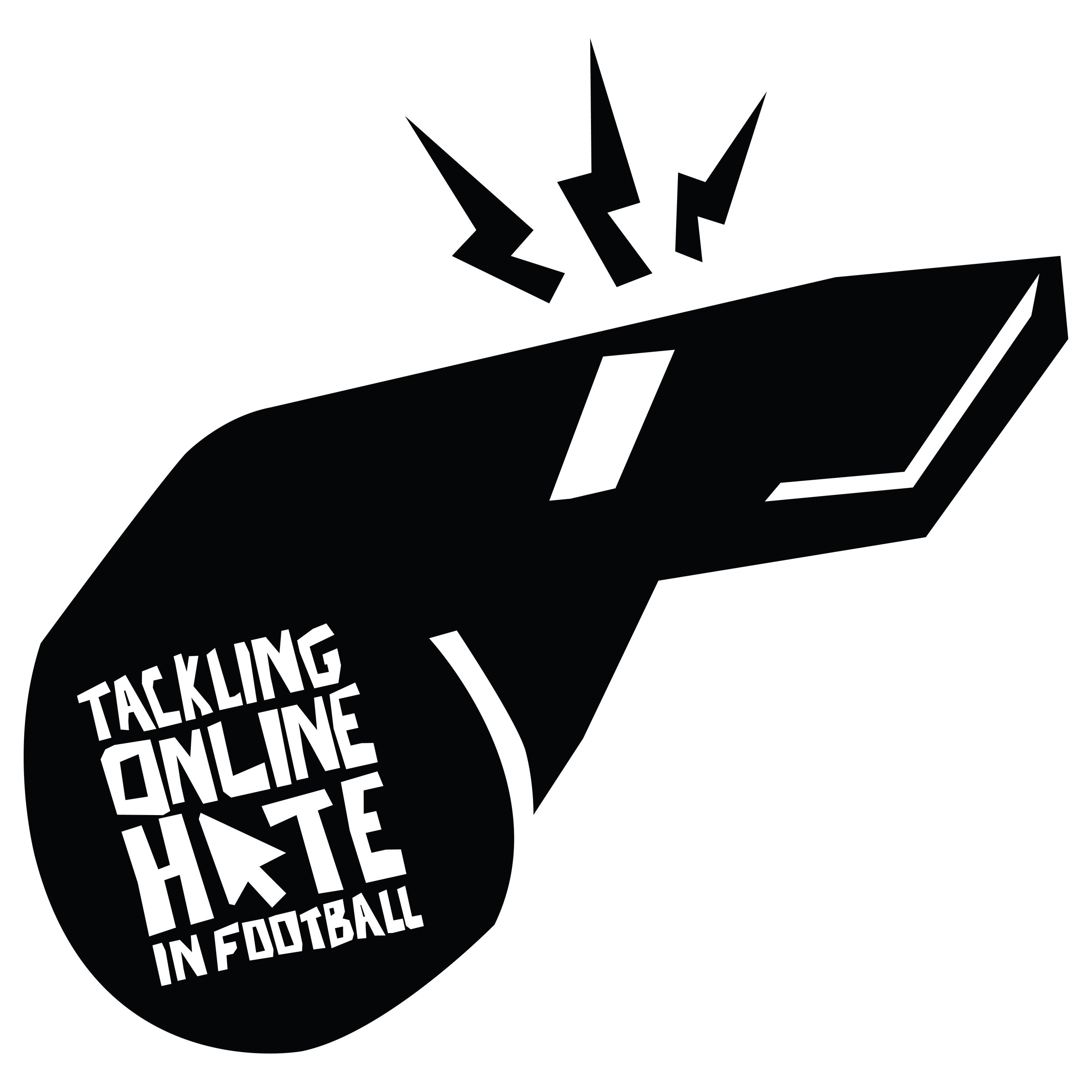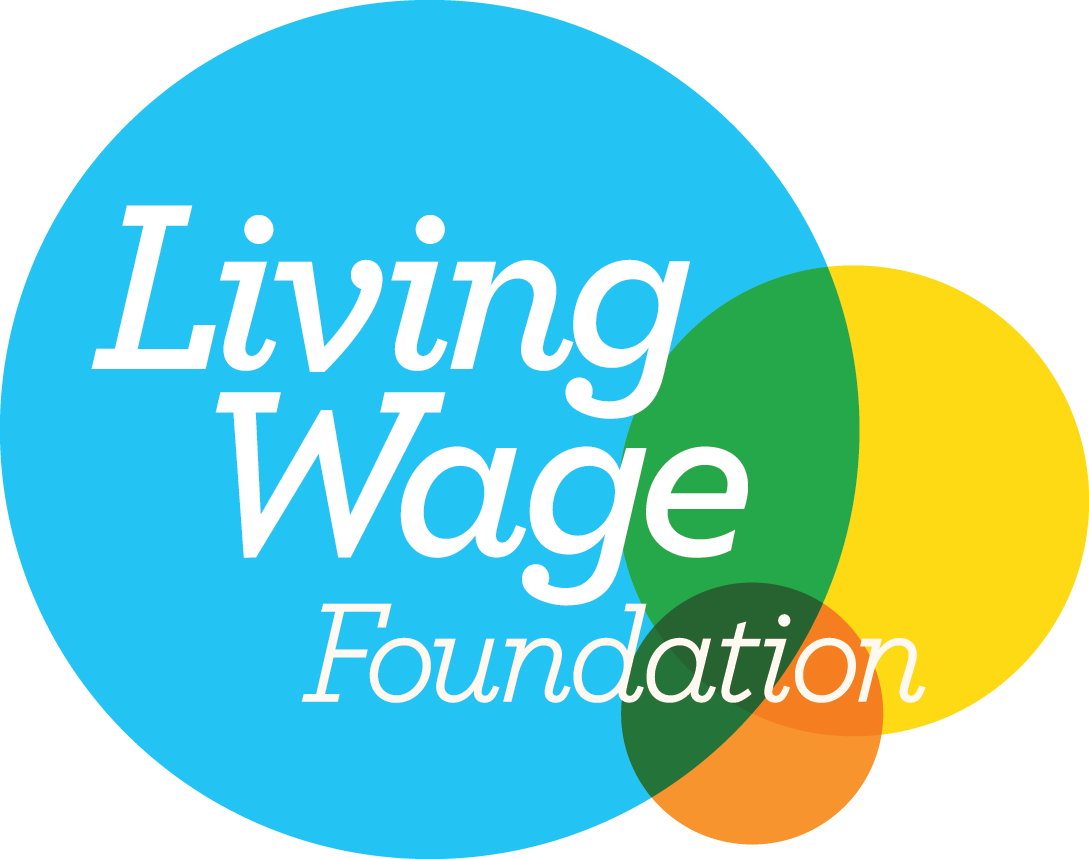Fair Game Annual Conference 2024
Remembering Conference 2024: A Fairer Future for Football
ON 21 MAY 2024, more than 200 football delegates converged on AFC Wimbledon’s Cherry Red Records Stadium for Fair Game’s Annual Conference. Attendees heard from leading figures in the industry on the key issues facing football, including the widening financial inequalities between the divisions, the threat of a European Super League and the ugly reality of online abuse and discrimination in football.
The conference was kicked off by Damian Irvine (the CEO of Ebbsfleet United and vice-chair of Fair Game's Advisory Council), Michele Little (the chair of the Dons Trust, the owners of AFC Wimbledon) and Niall Couper (Fair Game’s CEO), as they introduced Fair Game and described its role in fighting for a fairer future for football.
The day's first panel, “The Men's FA Cup and Football's Power Dynamics”, focused on the FA’s decision to scrap FA Cup replays and how this represented a failure of consultation between football’s governing bodies and impacted clubs and fans. The panel was hosted by the Mirror’s Associate Editor Kevin Maguire and featured David Lowes (director of Lincoln City), Oliver Ash (co-owner of Maidstone United), and Mark Palios (co-owner of Tranmere Rovers). Mr Ash and Mr Lowes discussed how their clubs’ recent successes in the FA Cup were memorable occasions for the fans and pivotal in providing funds for stadium developments and community work. Mr Palios argued that the FA’s decision to remove FA Cup replays was an example of poor governance, given the lack of consultation with fans affected by the decision. He added that the proposed Independent Football Regulator needs to be proactive in changing football governance, as he stated that the current governing bodies do not properly represent the needs of clubs at all levels of the game.
The next speech came from Martyn Henderson (the Interim Chief Operating Officer of the Independent Football Regulator). Mr Henderson explained what the Independent Regulator will have the power to do once the Football Governance Bill passes through Parliament. He noted that the Independent Football Regulator’s “State of the Game” report would help inform the regulator's priorities once it is up and running. While the recent announcement of the General Election might have delayed the implementation of the Independent Football Regulator, Mr Henderson’s session helped paint a picture of what the new public body will look like in practice once it is eventually established.
The third panel of the day was focused on the impending threat of the European Super League and what it would mean for football. Broadcaster Adrian Goldberg moderated a panel that included Maryan Broadbent (Luton Town Supporters Trust and Fair Game Board Member), Martin Buhagiar (Tottenham Hotspur Supporters Trust Chair), Alex Muzio (Chairman of Belgian club Union Saint-Gillloise and President of the Union of European Clubs) and Nathalie Alaphilippe (the Centre of Law and Economics of Sport at the University of Limoges). Ms Broadbent and Mr Buhagiar discussed how the European Super League would challenge the fabric of football in the country from a fan's perspective. Additionally, Mr Muzio detailed how European clubs would be detrimentally affected by the new league and how the Union of European Clubs represents the other side of European football by representing the clubs that do not qualify for Europe every season. Lastly, Ms Alaphilippe updated the conference on the legal context of the European Super League, describing how UEFA and FIFA have been given a “yellow card” from a Madrid court for trying to punish clubs that wanted to join the new league. She also mentioned that the establishment of the European Super League could have implications for other sports leagues if it were to proceed.
Afterwards, broadcaster Matt Roberts hosted a panel titled “Tackling Online Hate in Football”. Dr. Daniel Kilvington (Tackling Online Hate in Football), Anuk Teasdale (Dons Trust) and Cathy Long (founder and CEO of Aposto) discussed how social media has worsened online discrimination and abuse towards footballers. They remarked how social media has enabled this hate because of the anonymity it gives users, as well as the ability of abusers to rapidly respond to events as they happen in matches. Ms Teasdale stressed that clubs must adopt a zero-tolerance approach towards online hate, while the panellists agreed that better education and stricter legal consequences are needed to help combat online discrimination.
The following panel, titled “Football’s Failing Financial Model: A Discussion”, featured presentations from industry experts on the financial issues that football currently faces. Ruth Miller (Fair Game’s Head of Governance) spoke to David Kitson (former professional footballer for Reading and Stoke City) about Reading’s recent financial struggles. Next, Aaryaman Banerji (Civitas) introduced a new Fair Game report on the owner-benefactor model, which concluded that the current system encourages a vicious cycle of loss-making for clubs. Dr. Mark Middling (Northumbria University) and Dr. Lisa Ferguson (Northumbria University) then presented their research into ownership models. The preliminary results of their study concluded that clubs with better financial performances tend to have diplomatic, local and risk-averse owners. Meanwhile, clubs with better sporting performance come from owners who are diplomatic, non-local and risk-seeking. Dr. Richard Evans (Birkbeck, University of London) was the next to present his research, which emphasised the significance of liquidity in preventing insolvency for football clubs. Finally, Niall Couper (Fair Game’s CEO) discussed the widening financial divide between the divisions, given the vastly unequal distribution of broadcast revenue. He pointed out that this gap has increased pressure for clubs to overspend to climb the divisions and that the current voting structures prevent meaningful change within the Premier League and EFL.
The last talk of the day was “Future of Football: Fair Game’s View on the Football Governance Bill”. Broadcaster and author Tom Watt chaired a discussion with Niall Couper (Fair Game’s CEO) and Simon Orriss about the eight problems that still needed to be addressed under the Football Governance Bill. Although the announcement of a General Election has prevented the Bill from being passed under the current government, the topics brought by Mr Couper and Mr Orriss can be incorporated into a new and improved piece of legislation under the next government.
And with that, the final whistle was blown. Despite the various challenges facing football, Fair Game’s 2024 Conference showed that there is a strong desire in the footballing community to create a more sustainable future for the game.

